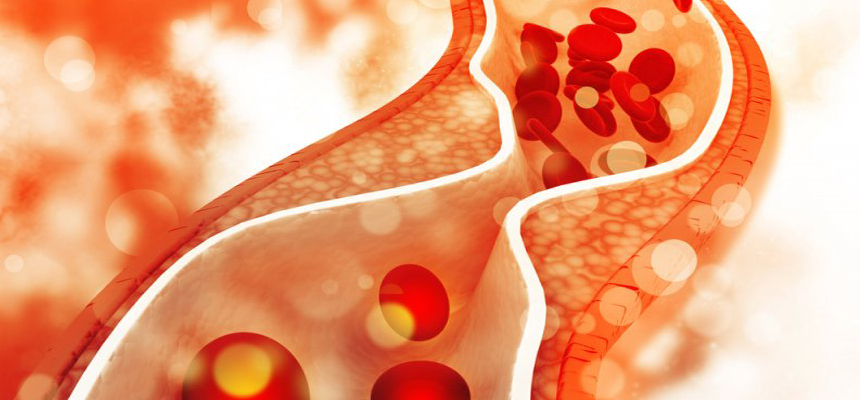Rheumatoid Arthritis: An Element of Concern for Young and Adults

Rheumatoid Arthritis is a common inflammatory disease that affects the joints. It causes severe pain and swelling in your joints, as a result of which it becomes difficult to bend and use them. Rheumatoid Arthritis can affect other organs too, such as eyes, lungs, heart or skin. Rheumatoid arthritis can affect all age groups including children. It affects people in their 30’s and ’40s, with higher frequency over 50 years of age. The disease is 3 times more common in females than males.
 Rheumatoid Arthritis is widely prevalent throughout the world. The overall worldwide prevalence is 0.8% and steadily increased to 5% in women over the age of 70. It is two to three times more common in women compared to men. In India, the prevalence has been estimated to be 0.7%. We are now detecting more cases of this disease early, due to awareness and understanding about the condition and availability of modern blood tests. Dr. Dipti Patel, Rheumatologist Consultant, Wockhardt Hospital Mumbai Central, talks about its causes, symptoms and early treatment.
Rheumatoid Arthritis is widely prevalent throughout the world. The overall worldwide prevalence is 0.8% and steadily increased to 5% in women over the age of 70. It is two to three times more common in women compared to men. In India, the prevalence has been estimated to be 0.7%. We are now detecting more cases of this disease early, due to awareness and understanding about the condition and availability of modern blood tests. Dr. Dipti Patel, Rheumatologist Consultant, Wockhardt Hospital Mumbai Central, talks about its causes, symptoms and early treatment.
Most Rheumatic diseases are autoimmune in nature. An autoimmune disease develops when your immune system, which normally defends your body against diseases by mistake, attacks the healthy tissues and organs of your body, resulting in various symptoms and diseases. The cause of Rheumatoid Arthritis is not known, but there is evidence that autoimmune conditions run in families. For instance, certain genes that you are born with may make you more likely to get RA. It affects three times as many women as men, and thus many 20-something women with RA are concerned about having a family.
Rheumatoid arthritis affects all joints but particularly tends to affect small joints of the hands and feet. As the disease progresses, it involves the wrists, knees, ankles, elbows, hips, and shoulders. Some of the common symptoms are stated below:
Swelling, redness, warmth in joints
Stiffness in the joints that is worse in the morning and gets better with movement
Tiredness, weight loss and, fever in some cases
Rheumatoid Arthritis is a clinical diagnosis made by your Rheumatologist based on medical history and findings on physical examination. Blood tests like ESR and CRP can be ordered to look for inflammation and antibodies associated with Rheumatoid Arthritis which includes RA factor and anti-CCP antibodies.
According to Dr. Dipti Patel, Rheumatologist Consultant, Wockhardt Hospital Mumbai, “If the disease is left untreated it causes significant pain and disability in the person, limiting day to day activities. Also, in the future, the disease can cause significant irreversible damage to the underlying joints resulting in deformities. With early diagnosis, treatment can be initiated with medicines which reduce pain and prevent damage in joints.”
She further adds, “A variety of modern medicines are available for treatment of Rheumatoid Arthritis. These include disease modifying drugs like Methotrexate, Sulfasalazine, Leflunomide, and Hydroxychloroquine, which suppress the immune system and control the disease process. If the disease is severe and not controlled by the above agents, then modern biologic drugs are available in injection form which work very well for this condition, and the patient is able to live a completely normal active life.”

 Disclaimer: Welthi.com does not guarantee any specific results as a result of the procedures mentioned here, and the results may vary from person to person.
Disclaimer: Welthi.com does not guarantee any specific results as a result of the procedures mentioned here, and the results may vary from person to person.









